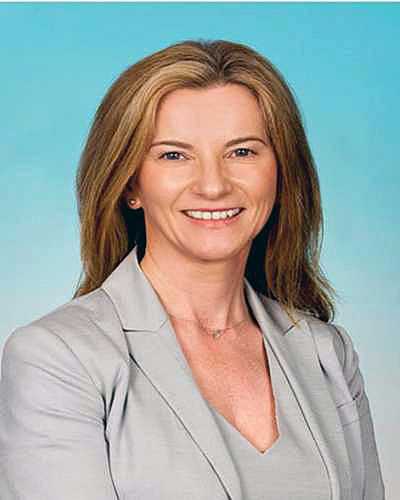Abstract
Introduction: CARA is a five-year Health Research Board (HRB) project. Superbugs cause resistant infections that are difficult to treat and pose a serious threat to human health. Providing tools to explore the prescription of antibiotics by GPs may help identify gaps where improvements can be made. CARA’s aim is to combine, link and visualise data on infections, prescribing and other healthcare information.
Methods: The CARA team is creating a dashboard to provide GPs with a tool to visualise their own practice data and compare this with other GPs in Ireland. Anonymous patient data can be uploaded and visualised to show details, current trends and changes in infections and prescribing. The CARA platform will also provide easy options to generate audit reports.
Results: After registration, a tool for anonymous data upload will be provided. Through this uploader, data will be used to create instant graphs and overviews as well as comparisons with other GP practices. With selection options, graphical presentations can be further explored or audits generated. Currently, few GPs are involved in the development of the dashboard to ensure it will be efficient. Examples of the dashboard will be shown at the conference.
Discussion: The CARA project will provide GPs with a tool to access, analyse and understand their patient data. GPs will have secure accounts accessible through the CARA website to allow easy anonymous data upload in a few steps. The dashboard will show comparisons of their prescribing with other (unknown) practices, identify areas for improvement and conduct audit reports.
You might also be interested in:
2009 - The experiences of dentists in the management planning of oral health services in Lesotho, Africa


